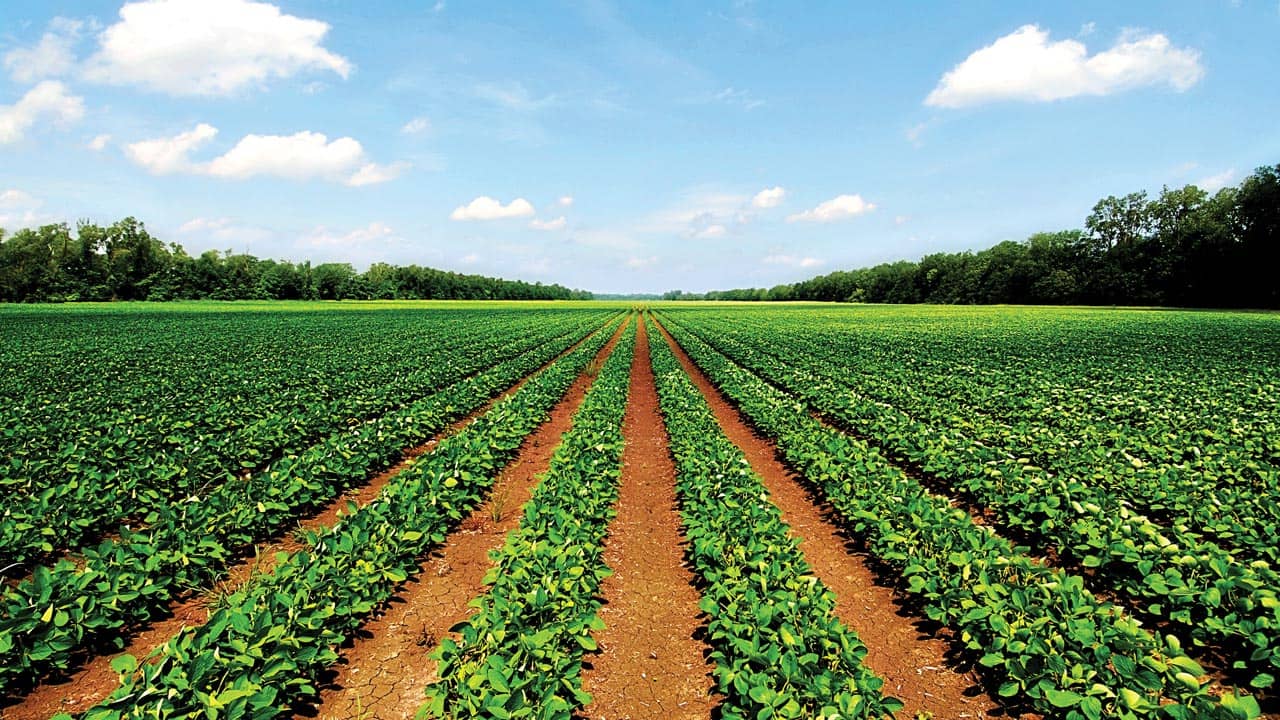The Federal Government has officially launched the Green Money Project, a presidential initiative aimed at empowering Nigerian youth through innovative agricultural development, as part of broader efforts to strengthen national food security.
Speaking during the official inauguration at the Federal University of Agriculture, Abeokuta (FUNAAB), Abiodun Yinusa, Special Assistant to President Bola Tinubu on Agriculture, described the scheme as a deliberate strategy to revitalise the agricultural sector by engaging young Nigerians.
Yinusa noted that the initiative seeks to unlock the vast agricultural potential of the country by equipping the youth with skills and opportunities in a sector often overlooked by the younger generation. He emphasised its alignment with President Tinubu’s declaration of a state of emergency on food security, highlighting that it would work in tandem with existing efforts led by the Federal Ministry of Agriculture and Food Security.
“It complements the ongoing efforts of the Federal Ministry of Agriculture and Food Security and encourages collaboration among key stakeholders to involve youth more actively in agriculture,” Yinusa said.
He acknowledged the critical issues facing the nation, such as rising unemployment, widespread poverty, and the underexploitation of the agricultural industry. The Green Money Project, he said, represents the Tinubu administration’s resolve to inspire and mobilise the youth as change agents within the agricultural value chain.

“In line with President Bola Tinubu’s Renewed Hope Agenda and the national emergency on food security, this initiative seeks to empower young Nigerians through agricultural development.
“The programme will attract, train, and support youth by equipping them with knowledge in modern agricultural practices, mechanization, climate-smart farming techniques, and digital technologies.
“It will be implemented across selected universities, youth development centres, and technical colleges nationwide, contributing to the goal of achieving zero hunger in Nigeria,” he said.
Charles Folayan, the Project Coordinator, said the programme would prioritise data development, mentorship, capacity building, and market access—components he described as essential to the project’s success.
Echoing similar sentiments, Professor Olushola Kehinde, Vice Chancellor of FUNAAB, expressed gratitude to the presidency for involving the university. He commended the initiative as a vital and timely step toward strengthening the institution’s capacity in agricultural production and enhancing the national food value chain.
With a focus on empowering smallholder farmers and promoting inclusive economic growth, the Green Money Project aspires to reposition agriculture as a viable and profitable career path for Nigerian youth, driving innovation and boosting productivity within the sector.

